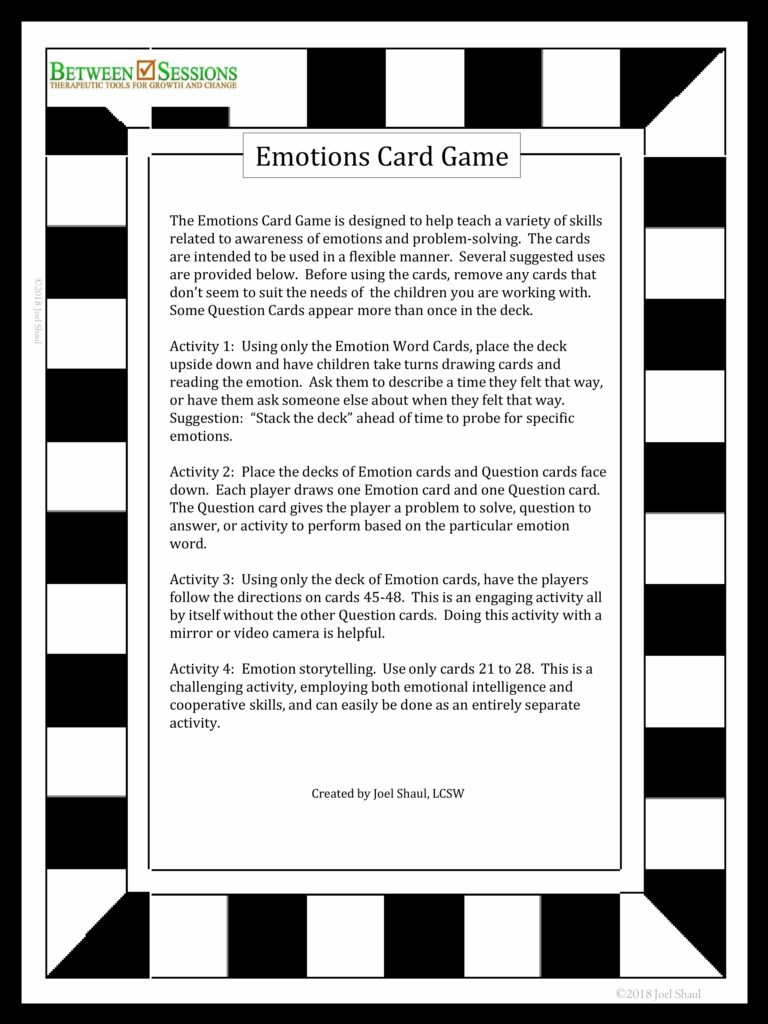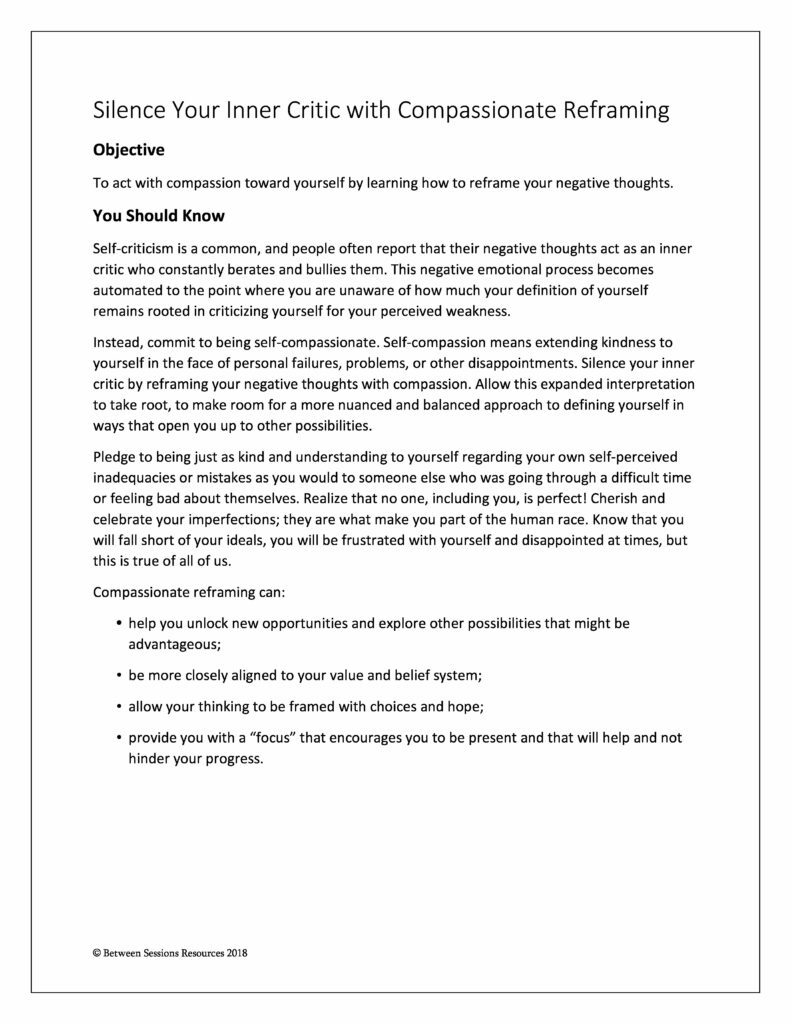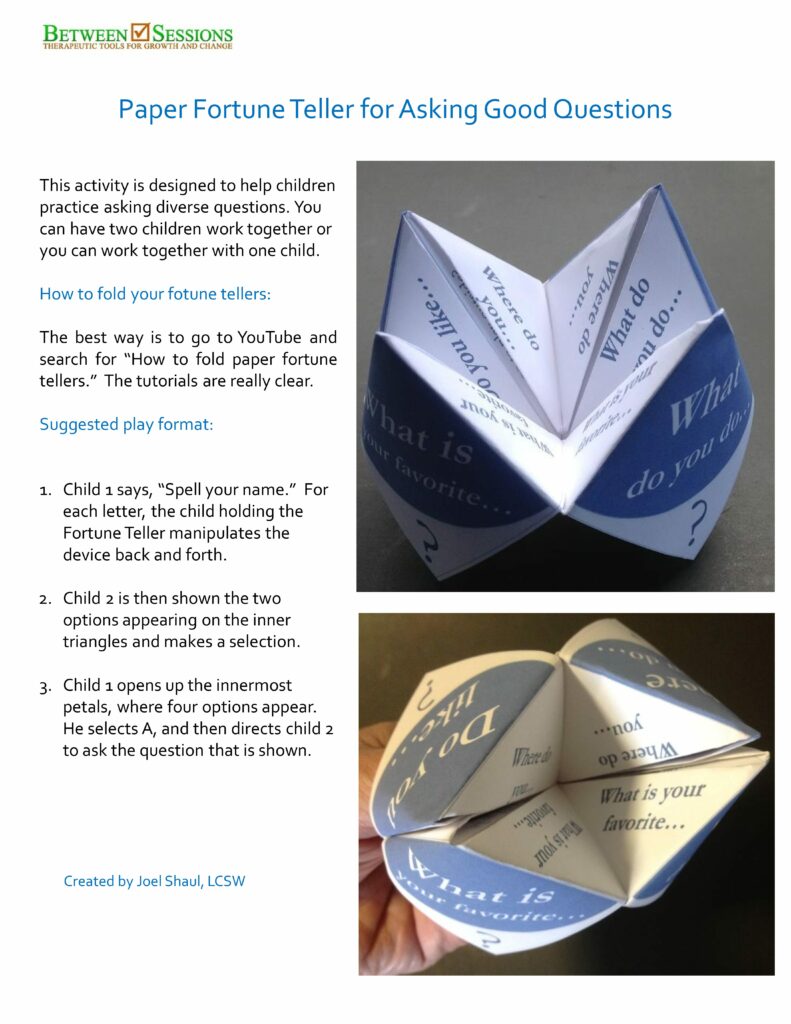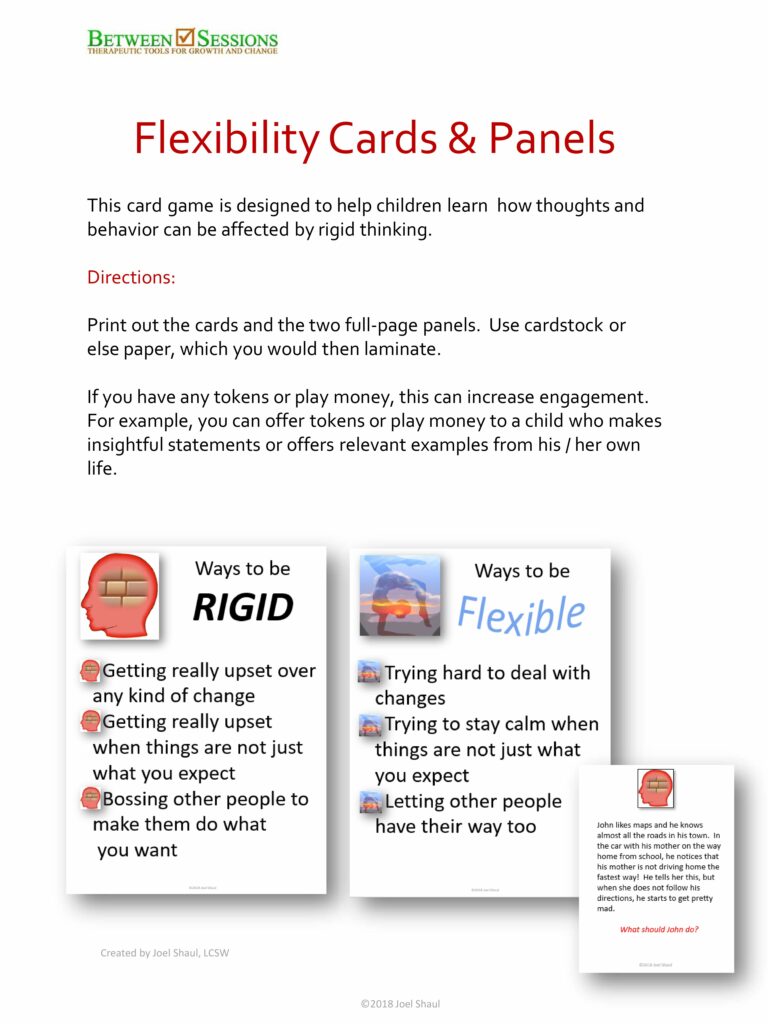Teens have a special way of communicating and learning about themselves, so we’ve made sure that all our therapeutic activities for teens are appealing and engaging to this age group.
To modify the tools, click the ‘Send to Client’ button by each tool to open the Psychology Forms Filler. You can then edit the tool as you see fit and either print it out or send it to a client to be filled out online. Click here for a tutorial on using the Psychology Forms Filler.
We’ve tried to address every teen issue we can think of, and more tools are added every week!
If you are looking for something you can’t find on this site, please let us know by clicking here and our team of writers, graphic artists, and therapists will custom-design it for you.
The Emotions Card Game is designed to help teach a variety of skills to children and teens related to awareness of emotions and problem-solving. The cards are intended to be used in a flexible manner. The instructions describe four different games than can be played. 27 pages (1118, emotional intelligence)
This worksheet is designed to help people find a way to deal with recurring intrusive thoughts. It asks people to learn and practice a 5-step procedure of accepting rather than fighting their thoughts. (anxiety, GAD, OCD, 1118)
This worksheet is designed to help people with social anxiety overcome their self-consciousness in social situations. It is designed to help people pay attention to what is happening around them rather than just on their inner experiences. (social anxiety, shyness, self-esteem, 1118)
This worksheet is designed to help people reframe their self-criticism and develop a more compassionate attitude towards themselves. People are asked to think about the critical words they use to describe themselves and to substitute their put-downs with more compassionate thoughts. (self-esteem, self-talk, self-image, 1018)
This worksheet shows people how to cut out and fold a Fortune Teller, which is designed to help kids talk about themselves, their likes and dislikes, and more.
Most people simply accept uncertainty as a natural part of life, but people with anxiety disorders find it hard to accept uncertainty, particularly in certain situations. This worksheet is designed to help people tolerate uncertainty by using a five-step mindfulness technique that can help disengage from anxious thoughts and face uncertain situations without turning to others for help. (GAD, Generalized Anxiety Disorder, exposure, 1018)
This activity for kids and teens teaches the importance of flexible social thinking. It includes two “poster” handouts to open a discussion on flexible thinking and a simple card game to practice new skills. (Asperger Syndrome, social intelligence, autism, ADHD, 1018)
This worksheet is designed to help people see how their excessive worrying and anxiety is affecting those around them. It explains the different ways that excessive worry can affect friends, relatives, and co-workers, and includes an “Empathy Test” designed to help people see how others view them. (GAD, Generalized Anxiety Disorder, Social Anxiety, worry, 1018)
This worksheet is designed to help people reduce stress in their lives by paying attention to how much time they spend emailing, using social media, and participating in listening and watching various media. (101518, mindfulness, anxiety)
This worksheet is design to help people identify the 20 social situations that cause them the greatest anxiety and rate them using the SUDS scale (Subjective Units of Distress). (social anxiety, exposure therapy, 1018)










